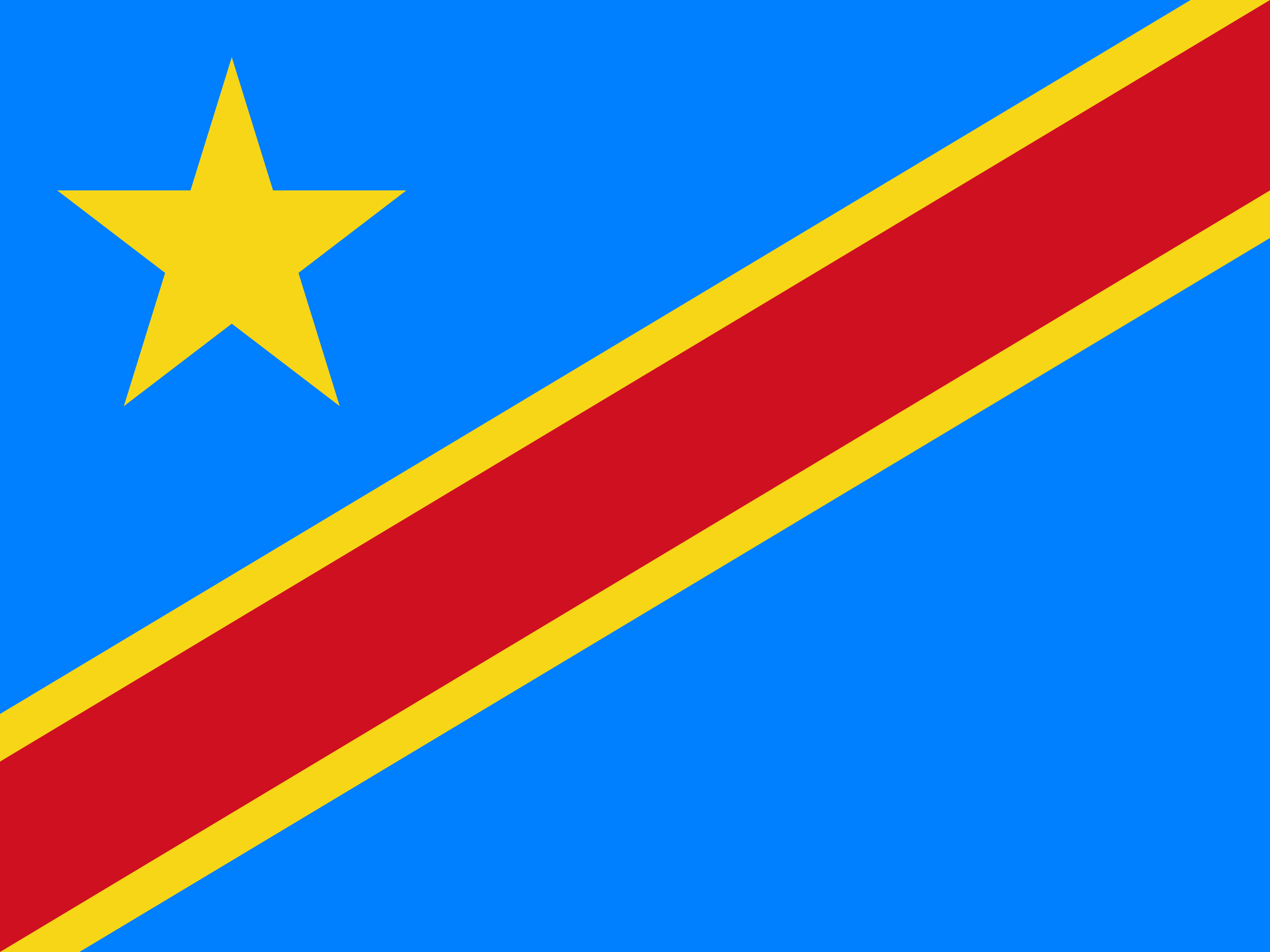The Democratic Republic of the Congo (DRC) remains one of Africa’s most paradoxical nations: immense natural-resource riches and strategic location, yet long-running conflict, fragile governance and urgent developmental needs.
Governance & Politics
President Félix Tshisekedi, who secured a second term in late-2023, continues to lead the country under the umbrella of the “Sacred Union” coalition. Major opposition remains fragmented but includes prominent figures such as Martin Fayulu and other regional strongholds.
Political stability is undermined by the east-of-the-country insurgency (notably the M23 militia), cross-border tensions (especially with Rwanda) and weak central control of vast territory. For example, since January 2025, around 7,000 deaths have been attributed to M23 advances in eastern DRC, raising fears of further destabilisation.
Economy & Outlook
The DRC’s economy benefits strongly from mining, especially cobalt and copper, but the extractive sector remains volatile and subject to global commodity cycles. According to the World Bank’s 2025 country overview, real GDP growth is projected at around 5.1% for 2025, with non-mining sectors (infrastructure, construction) expected to drive expansion. The current account deficit is estimated at about 3.7% of GDP in 2025.
Major structural issues remain: weak transport & energy infrastructure, dependency on raw-material exports, governance/contract risks and the conflict footprint in the east.
Tourism remains under-developed despite the DRC’s exceptional natural-heritage (rainforests, rivers, volcanoes, UNESCO-sites). One recent academic paper describes the sector as “not much developed … many challenges: transport, accommodation, civil war, marketing” in its 2025 edition.
Business Climate & Ease of Doing Business
The business environment remains challenging. According to the U.S. State Department’s 2025 Investment Climate Statement, risks include weak rule-of-law, unclear property rights, corruption, security risks (especially in the east) and infrastructure deficiencies. While reforms have been launched, the DRC is deep in the ‘high-risk high-reward’ category for investors.
Tourism, Infrastructure & Services
As noted, tourism is nascent. The country’s vast national parks (Virunga, Kahuzi-Biega), Congo river basin rainforest, and unique biodiversity hold tremendous potential — but lack of infrastructure, security concerns in eastern provinces and weak marketing hamper development. Some progress: agreements in 2025 between DRC and Rwanda to cooperate economically and improve stability in border zones may help unlock farther-flung regions.
Human Rights, Security & Governance
The human-rights situation is precarious. The 2025 World Report by Human Rights Watch notes that security forces and armed groups continue to commit serious violations (extrajudicial killings, harassment of civil society, access restrictions) — and the eastern conflict is the single most acute area of humanitarian stress.
Security remains a major constraint: ongoing armed group activity, humanitarian displacement, weak state presence. The east remains a “no-go” zone in practical terms for many investors and tourists.
The Big Picture
The DRC offers potentially one of the largest natural-resource and growth-opportunity landscapes in Africa. But the combination of security risk, governance weakness, infrastructure gaps and deep conflict means that for many businesses and visitors the country remains high-risk. For investors with appetite for frontier markets and long-term horizons, the upside is real — but the path requires robust risk-mitigation. For tourists, the rewards (wildlife, remote wilderness) are enormous — but only if you accept the challenging environment.
The Democratic Republic of the Congo : a complicated rich nation

